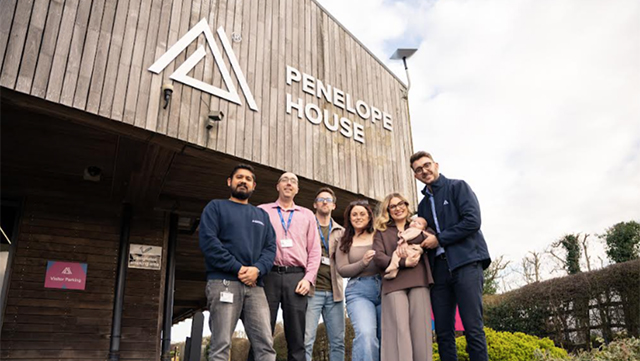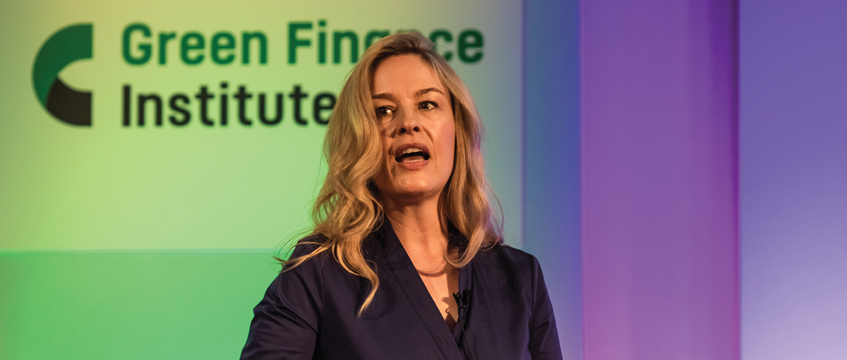A coalition of private and public sector organisations focused on financing the green retrofitting of homes has published its first report on the state of the market, urging the development of new financial products that will simulate consumer demand.
The Coalition for the Energy Efficiency of Buildings (CEEB) was launched last December by the Green Finance Institute, a green funding-focused body backed by the government and the City of London Corporation. Its goal is to develop a market for financing net-zero carbon and climate-resilient residential buildings.
Now with more than 80 members, the coalition just published ‘Financing energy-efficient buildings: a path to retrofit at scale’, outlining various projects that could stimulate greater demand from consumers for retrofitting their homes and encourage financial institutions to develop new funding products to help.
“We know this is an opportunity, we know that it’s a key plank of the net zero target for the UK, but as yet we haven’t seen a robust green finance market when it comes to energy efficiency and retrofitting,” said Rhian-Mari Thomas, chief executive of the Green Finance Institute and chair of CEEB.
“This isn’t straightforward. It requires collaboration. The financial solutions and mechanisms we’d like to bring to market do require cooperation across the value chain, and that’s what we’ve been able to bring together.”
The projects include lending products such as equity release mortgages, new savings products linked to energy efficiency home improvements, green leases and energy service products that will allow housebuilders to recoup investment.
The coronavirus crisis has pushed back some of the coalition’s initiatives, Thomas said, but not its ultimate goals. “We’ve course-corrected the project a little from when we first went into lockdown,” she added. “The net zero target, retrofitting of homes, is a long-term goal. At the moment, mainstream financial institutions and policy makers are focused on the short-term steps we need to tackle the health crisis and the economic crisis that is ensuing. But people are still very committed to this project.”
Retrofitting residential properties can help to ensure that the economic recovery post-pandemic is “both green and inclusive”, Thomas said: “Stimulating demand for retrofits unlocks energy savings that translate into increased disposable income. Scaling up the retrofit supply chain creates new jobs and opportunities to upskill many in the industry, and encouraging the development of low carbon new homes locks in financial and health benefits from day one.”
And Thomas stressed the urgency of maintaining a focus on the climate crisis, even as society deals with the nearer-term problems posed by Covid-19.
“People need optimism and they need hope. The pathways to a prosperous future are green pathways. They are one and the same. There is no high-carbon route to prosperity that is supported by science and that is intellectually coherent. There wasn’t one before Covid and there certainly isn’t one now.”
To send feedback, e-mail tim.burke@egi.co.uk or tweet @_tim_burke or @estatesgazette











